Vadim Riskin
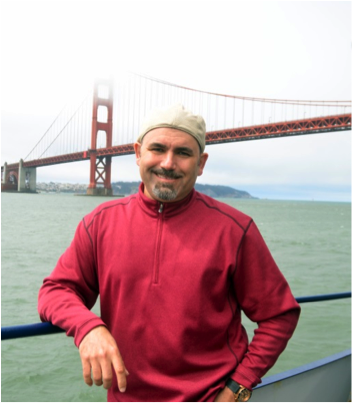
Vadim Riskin immigrated to the United States (Portland, Oregon) in 1992. He has been working for Portland Public Schools as a resource specialist, equity coordinator, and senior manager for the Office of School-family Partnerships for the past twenty years. He is the founder of the Russian-Speaking Youth Leadership Conference, the only event of its kind in the United States. Designed to support the growing population of Russian-speaking youth, it attracts over 250 high school students and 100 volunteers each year.
Although he was born in the small town of Roslavl, Russia, Vadim spent all his life in Belarus. In 1972, his parents decided to move from Roslavl just over the border to the city of Gomel in Belarus. Vadim stayed there for much of his life, until he immigrated to the United States in 1992. While in Belarus, he worked as a teacher and started a family. The reasons for his immigration spanned beyond his immediate surroundings. At the end of the 1980s, the Soviet Union had begun its disintegration, and this left the Soviet states in disarray. In 1987 Vadim’s parents applied for Israeli visa. With the visas, Vadim’s parents and his younger brother moved first to Italy, where they stayed at the refugee camp used by thousands of people awaiting sponsorship and immigration support. Many went to Israel, some stayed in Italy, and some went to the United States and Australia. Vadim’s parents were fortunate to receive sponsorship from Portland, Oregon.
Vadim and his wife had originally planned to immigrate earlier with his parents and brother, but they had decided to wait for their first daughter to be born before emigrating. At twenty eight years old, Vadim, his wife, and his young daughter left Belarus in 1992, four years after they had applied for their visas. He and his family came as refugees, and went directly to Portland to join his parents, who had been there since 1990.
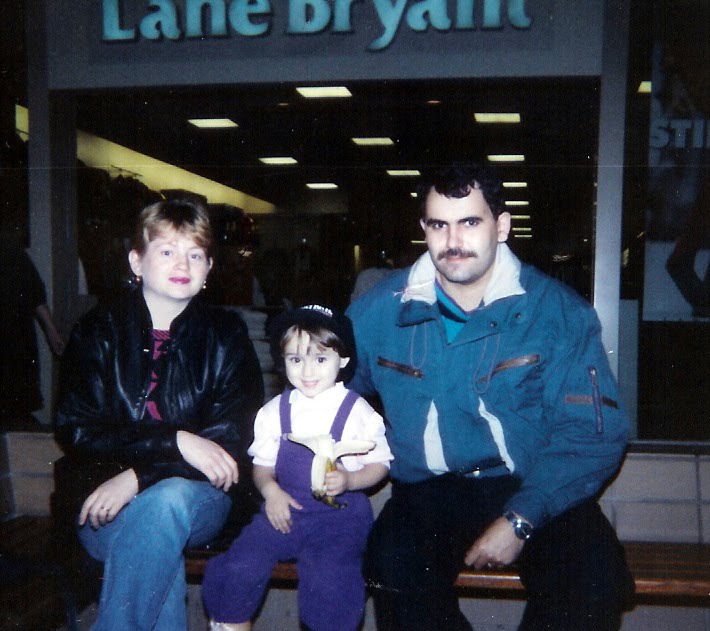
Upon arriving to Portland, Vadim only knew a few other Russian-speakers outside of his family. He did not know any English when he arrived. He and his wife decided to attend Portland Community College for two years to study English. After completing his studies, Vadim applied for a job at Portland Public Schools. Because of the influx of Russian-speaking immigrants and refugees in the Portland metropolitan area at this time, there was also an influx of Russian-speaking students in Portland public schools. These students lacked much support and Portland Public Schools wanted to change this. Since Vadim had been a teacher in Belarus, the job was a good fit for him, and the Portland Public Schools hired him as an educational assistant who was responsible for helping Russian-speakers in various public schools in Portland.
Vadim currently works as a senior manager for the Office of School-family Partnerships for the district. He works with school principals to help create parent engagement models for their schools. Since coming to Portland, Vadim has become a very active and recognized member of the Slavic community, and was involved in advocacy from early on. He was one of the original founders of the Slavic Coalition (founded in 1996), and the Annual Russian-Speaking Youth Leadership Conference, which has been running for nineteen years.
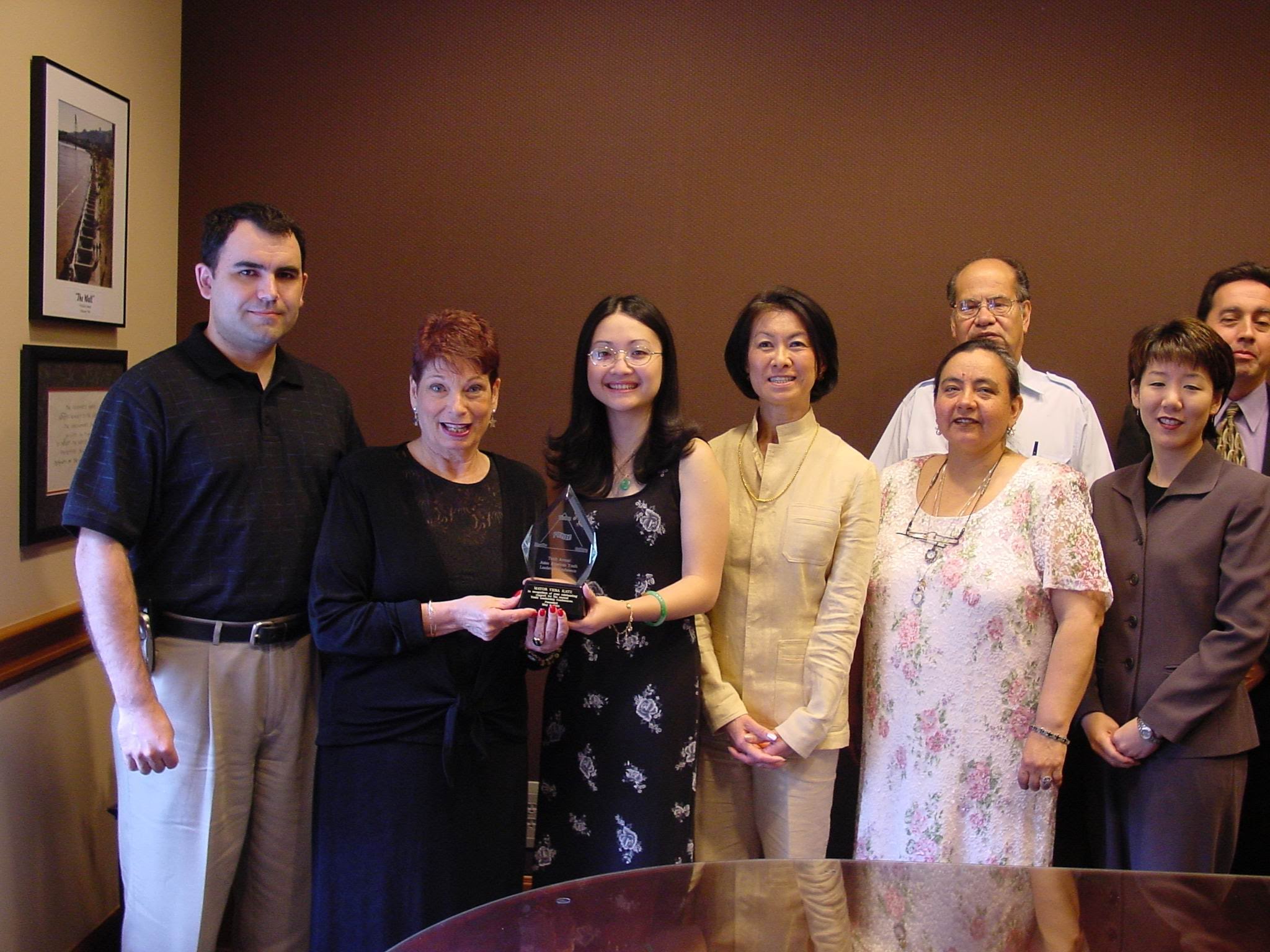
The conference was initiated in order to support the growing population of Russian-speaking youth in Portland. This leadership conference, the only of its kind in the United States, has drawn over 250 high school students and 100 volunteers every year and has been recognized with the 2012 Spirit of Unity Award issued by Concordia University Nobel Peace Laureate Program. Youth from school districts all over Oregon and SW Washington are given the opportunity to engage with leaders and successful professionals in workshops, panel discussions, keynote presentations, and a college/career fair. Students are given the chance to talk about their experiences, and how they can motivate themselves and advocate for themselves in school, the job market, or whatever occupations they choose. The conference also invites representatives from local administration and police to talk about social and legal issues and the importance of safety. This conference aims to provide support and awareness for the Russian-speaking youth by addressing different challenges and opportunities through student, parent, school, and community involvement.
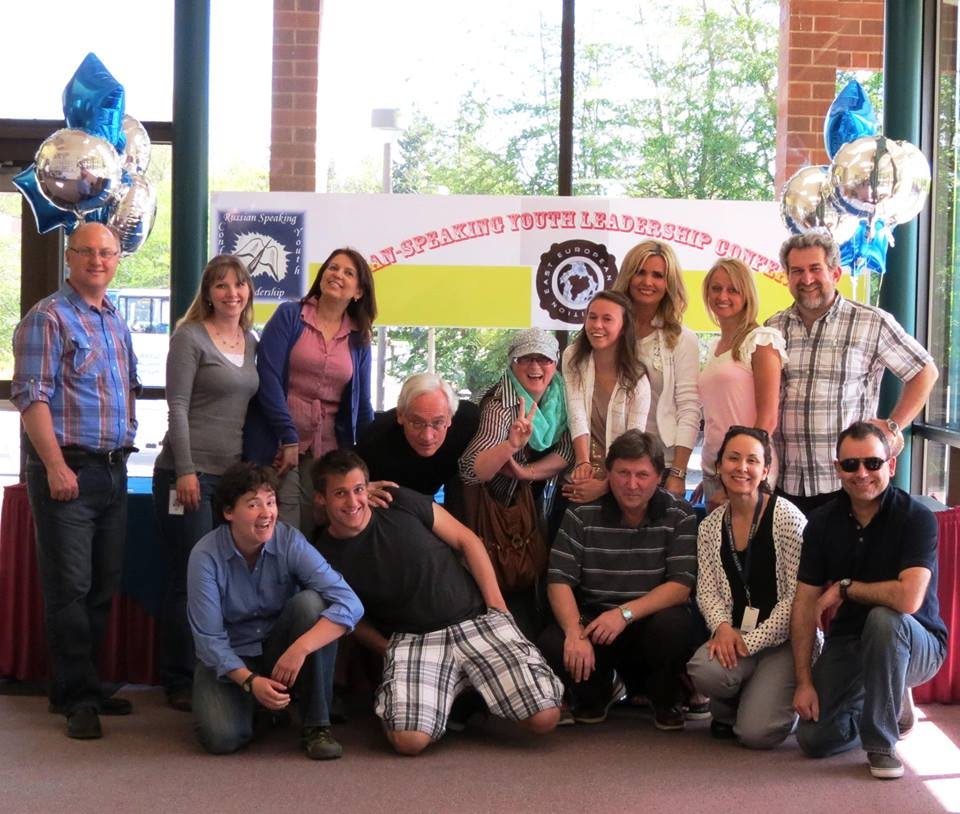
The conference is one of the many engagements that Vadim has had with both the Russian-speaking community and the immigrant and refugee community as a whole. Vadim is the founder of the East European Coalition, a 501(c)3 non-profit community organization formed in 2009 that promotes East European culture. The organization allows for the conference to get proper exposure, funding, and recognition.
By working with Portland Public Schools, Vadim has had the opportunity to work with various other organizations and networks. He does not limit himself to the Russian-speaking community, but takes part in various events and organizations for multicultural and minority students. He has been invited as a speaker at several Oregon universities in order to discuss topics such as multicultural education and minority students.
Vadim has also worked on a number of projects, one in particular being the first Slavic Needs Assessment done by the East European Coalition and Impact NW. The lack of data for the Slavic/East European communities in Oregon and SW Washington has been a barrier for organizations, service providers, and government agencies to bring resources to this underserved population. In this six month project, they collected 1006 surveys on topics such as Education, Employment, Health Care, and Political Knowledge, and others. The data compiled from this study exceeded 22,000 bits of original research, a summary of which has been provided to the public in order for organizations to finally have information about the community.
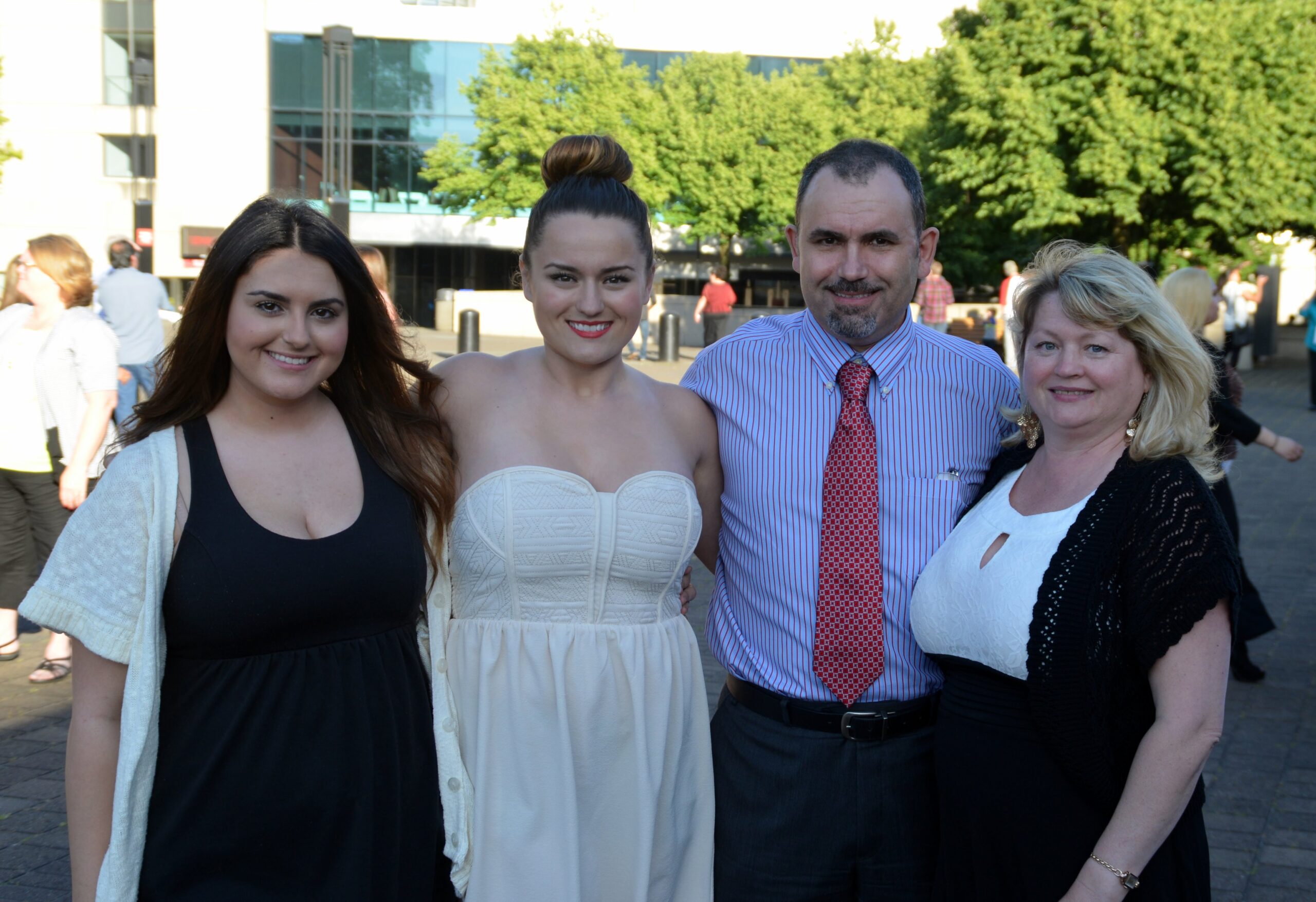
Vadim has also had the opportunities to work with the Center for Intercultural Organizing, Latino Network, Urban League, and the Asian Pacific American Network of Oregon (APANO). Together with various organizations, he has been involved in the Coalition of Educational Excellence (CEE), which worked together to advocate for schools and for minority students.
Vadim hopes that the community can gain more youth engagement, and for young Russian-speakers to be supported enough to take on the crucial role of supporting their community. He states that by helping students obtain opportunities, use their talents, and go to college, they may later return to support the community which once advocated for them.
This story is written by Katherine Palomares and it is based on the interview Katherine conducted with Vadim Riskin in Portland, Oregon, on August 5th, 2014
